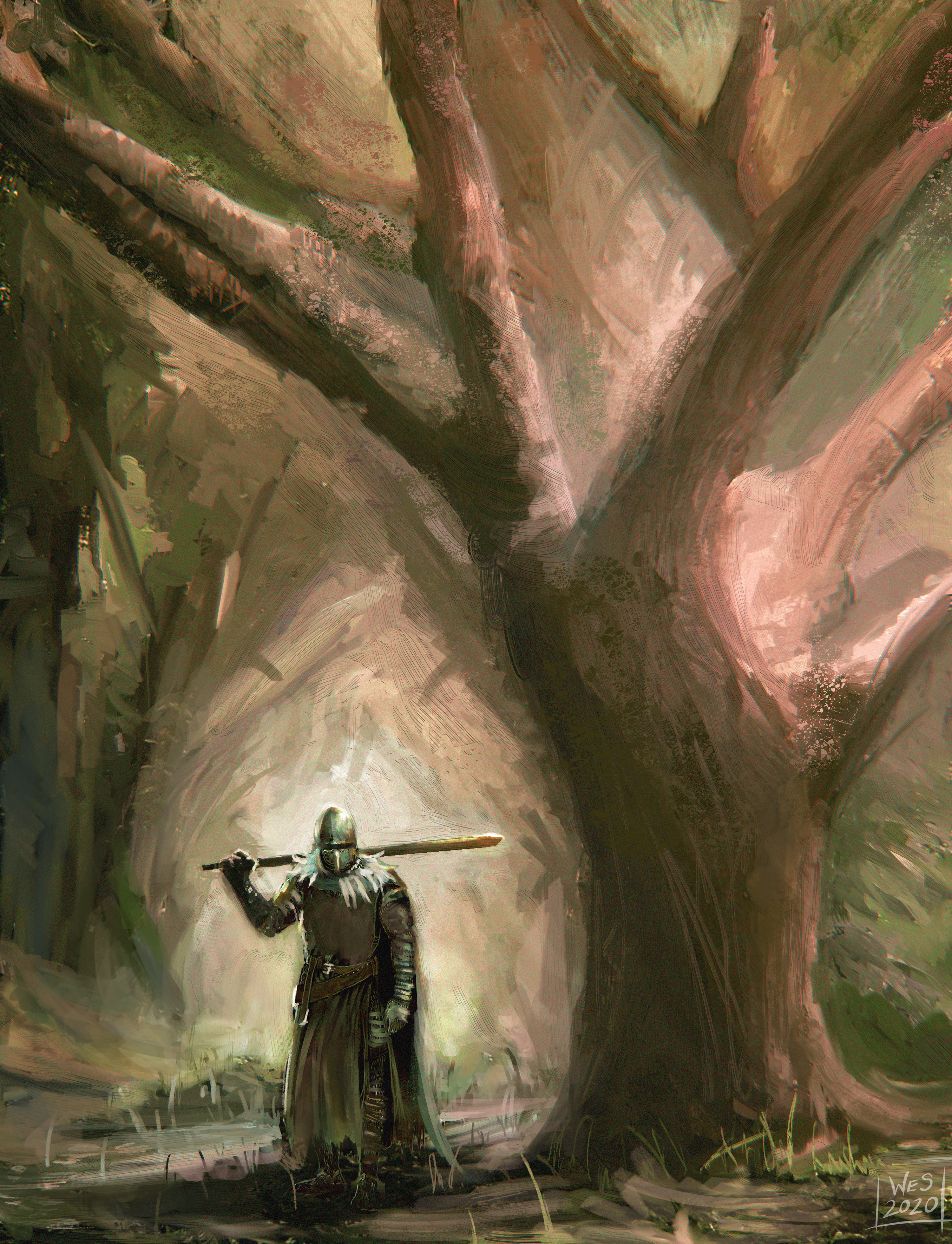
Much like Dark Souls, Salt and Sanctuary makes use of intricate combat mechanics and interconnected level design but it also has a number of features that stand out. Players can utilize a giant skill tree system reminiscent of games like Path of Exile which allows them modify their build by acquiring and redistributing skill points. Best of all, the platforming elements in Salt and Sanctuary don't take away from the tight combat mechanics that typical Soulslike games utilize.

Salt and Sanctuary takes that concept one step further by combining Soulslike mechanics together with the platforming features of Metroidvanias. An interesting aspect of Dark Souls is how it's influenced by Metroidvanias in terms of exploration and level design. While the Soulslike genre has largely found success in 3D environmental design, Salt and Sanctuary is a prefect representation of what Dark Souls would feel like as a 2D game instead. RELATED: Elden Ring Should Keep More of the Dark Souls Formula Than It Abandons Fans waiting for Elden Ring or find themselves unable to scratch the Dark Souls itch with other Soulslikes should try these indie titles. While these indie titles don't always generate the mainstream attention that Soulslike games developed by AAA studios receive, they nonetheless nail the brooding atmosphere and uneasy feeling that comes with exploring the Dark Souls games.

With the steady increase in popularity of Soulslike games over the years however, indie developers have begun experimenting with the genre by innovating upon the mechanics found in the Dark Soulsfranchise.

Though it's often imitated, not many games are able to scratch the Dark Souls itch because of its unique approach to atmosphere. With its complex combat system, obscure lore, and unforgiving difficulty, Dark Souls served as the blueprint for this new genre of ARPG and inspired countless games. Over the past decade, the Soulslike genre has exploded in popularity thanks to the success of the Dark Soulsfranchise.


 0 kommentar(er)
0 kommentar(er)
